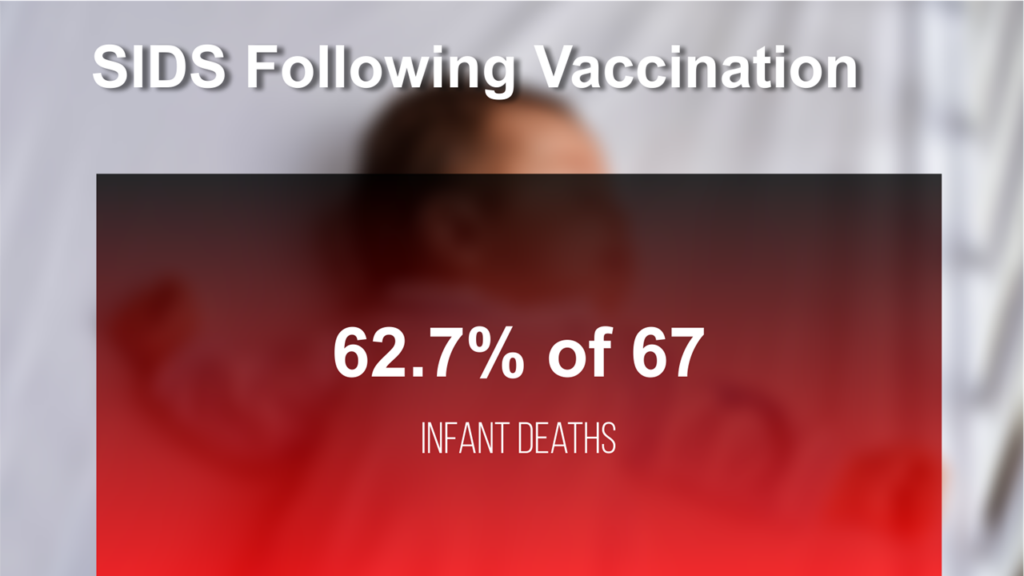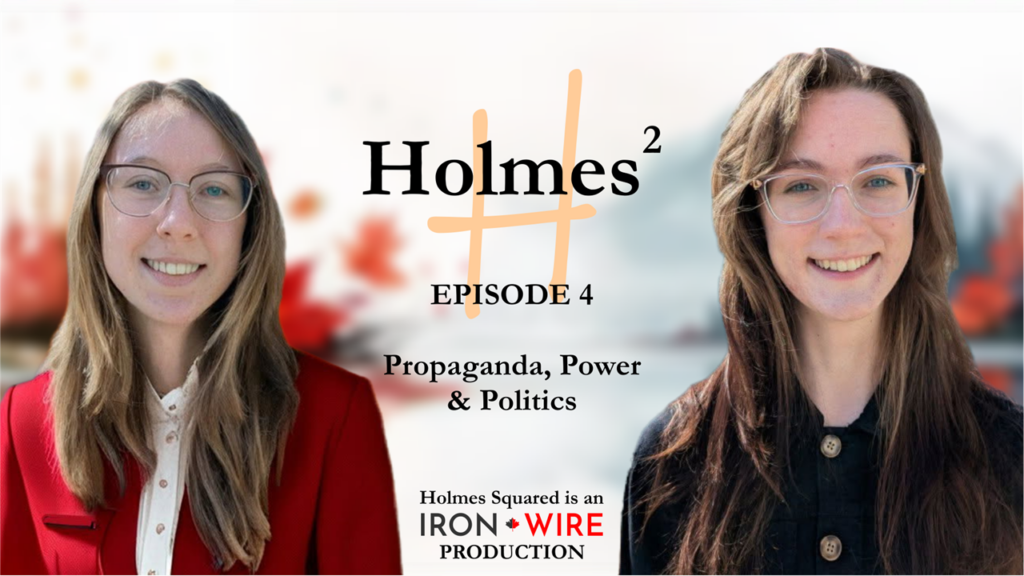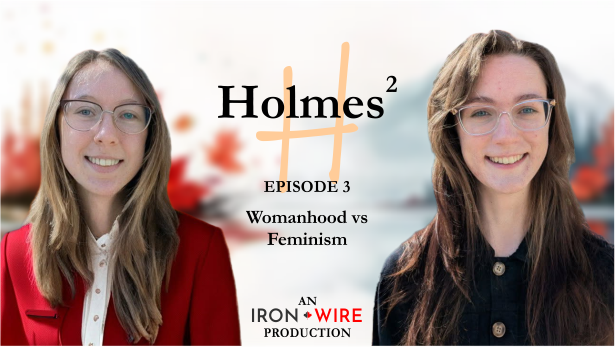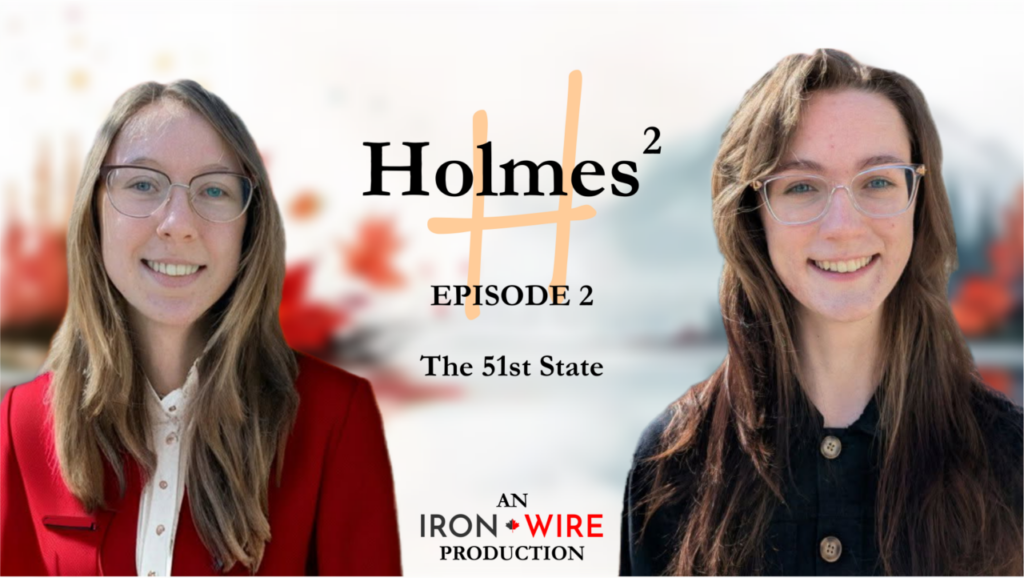You must oppose assisted suicide even if you’re not Christian: here’s why – LifeSite
(LifeSiteNews) — Many of the moral issues we cover at LifeSiteNews – abortion, same-sex “marriage,” IVF, and assisted suicide – are cut and dry cases of evil that must be opposed without exception. In fact, part of our mission is to proclaim what the Catholic Church infallibly teaches on these issues. However, it is also important to recognize that our opposition to such evils is not rooted merely in “what the Church says,” but also in the universal truths of reason knowable to all regardless of faith.
To help us understand why assisted suicide can never be condoned and why everyone is obliged to oppose it, John Skalko, professor of philosophy at Saint John’s Seminary in Boston, has published a brief yet thorough book titled Popping the Metaphysical Myth: Four Agnostic Arguments Against Assisted Suicide.
How can we expect to convince atheists, agnostics, and other secular-minded people to oppose assisted suicide if our arguments require prior agreement with our conceptions of God, heaven, and hell? We will not make meaningful political headway on this issue – at least not in the short term – if we don’t become well-versed in the kinds of arguments offered in this book.
Skalko begins by identifying eleven logical possibilities of the afterlife, all of them equally plausible for someone who is truly agnostic. There’s only one possibility without any afterlife at all; the rest assume the existence of an afterlife but differ on its precise qualities: Is it a kind of “perpetual sleep”? Does God exist, and if He does, does He punish suicide or not? Are you in more, less, or the same amount of pain as when you were alive?
All in all, if you were in tremendous pain and had no earthly hope of relieving your suffering, assisted suicide would be the correct play in five of the eleven scenarios at best – but more accurately only four. One complicating factor involves the possibility of an unconscious “perpetual sleep.” As Skalko explains in a footnote:
the case of an afterlife with perpetual sleep doesn’t entail suicide any more than it entails inducing a coma or putting yourself in a perpetual state of unconsciousness (but still alive). As a betting agnostic, it’s better to take the less risky option and just stay alive but in the perpetual coma, just in case suicide actually makes your afterlife worse off. (p. 32)
Regardless of how you tally it up, the odds tell you not to choose assisted suicide.
It may be objected that these odds don’t offer you a slam-dunk certainty – since they are so close to even, wouldn’t you be tempted to give in and take the bet anyway? You could, yes, but you wouldn’t be acting rationally. You wouldn’t want to head to the roulette wheel and put your life savings on black, where you have around a 47 percent chance of doubling your money but a 53 percent chance of losing it all. So would you really want to wager your entire life and eternal destiny on anywhere from a 36 to 45 percent chance of your afterlife being better than your present suffering?
Another problem: the only possibilities where you would certainly be better off killing yourself are those where God doesn’t exist and you’re in less or no pain, or where God doesn’t punish suicide and you’re in less or no pain. These are incredibly far-fetched, even incoherent. What is your basis for believing in an afterlife if you don’t grant that God exists? What major religious tradition professes the existence of God and also teaches that He won’t punish suicide?
Now let’s say you possess an atheistic certainty that an afterlife doesn’t await you after death. Even then you shouldn’t elect to kill yourself. Skalko provides a few arguments why, including one from St. Thomas Aquinas and another from St. Augustine, but here I prefer to highlight one of his own:
1. What is truly good is what fulfills you (or another).
2. What fulfills you is what exists. […]
3. Thus, what is truly good is what exists (from 1 & 2).
4. Non-existence isn’t existence.
5. Thus, non-existence isn’t truly good (from 3 & 4).Since non-existence isn’t truly good, it must be concluded that existence is always better than non-existence. (p. 23)
Skalko challenges the atheist who denies the afterlife to show the flaw in his argument; if there isn’t one, the atheist will need to abandon his conviction that non-existence is sometimes better than existence, namely when existence is characterized by intense pain without options for relief. Of course, this would entail accepting that assisted suicide isn’t fulfilling or good, and thus something that shouldn’t be pursued or defended.
Not only does Skalko offer three more agnostic-compatible arguments against assisted suicide later in the book, he deals with various objections to his view along the way, including an appeal to autonomy, concerns about overpopulation, and outright antinatalism, i.e., the idea that procreation is evil because it increases the amount of suffering in the world. Skalko’s philosophical training enables him to pick apart these arguments with relative ease.
Popping the Metaphysical Myth is not solely a philosophical text, however, as is made clear with the final chapter and postscript. Readers will appreciate Skalko’s decision to include the testimonies of individuals whose terminal illnesses or disabilities made them question if their lives were still worth living, and who ultimately decided to reject suicide. We see moving examples of people who in their great suffering recognized that we don’t live our lives only for ourselves – but for our families and for others as well.
“The best way to honor and love those close to us is to accompany them, not kill them,” Skalko concludes. “To prematurely end their life robs them and ourselves of the occasion for a continued act of true compassion. Love unites itself with its beloved; it does not abandon, it does not destroy, it does not weary or fail to seek the good of its beloved. Love preserves. Love endures. Love perseveres. Love does not seek death. Death comes to us all, there’s no need to go running in search of it.”
Click here to purchase Popping the Metaphysical Myth: Four Agnostic Arguments Against Assisted Suicide.

Evan Stambaugh is a LifeSite editor. He has a BA in Theology and an MA in Philosophy.













